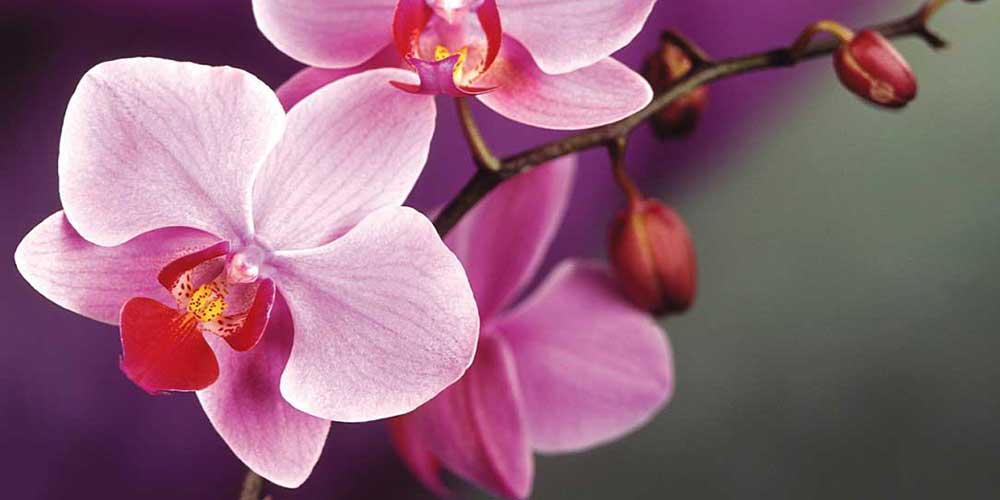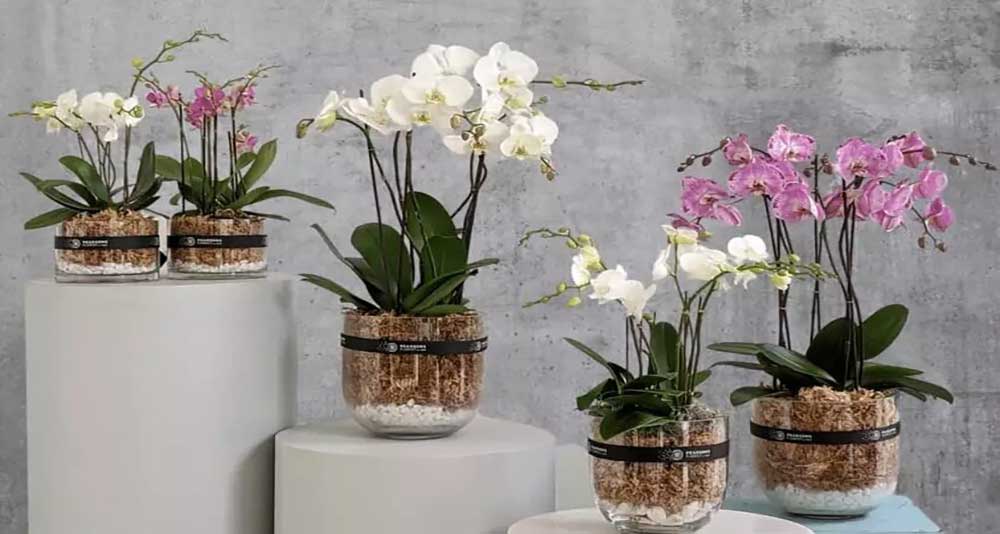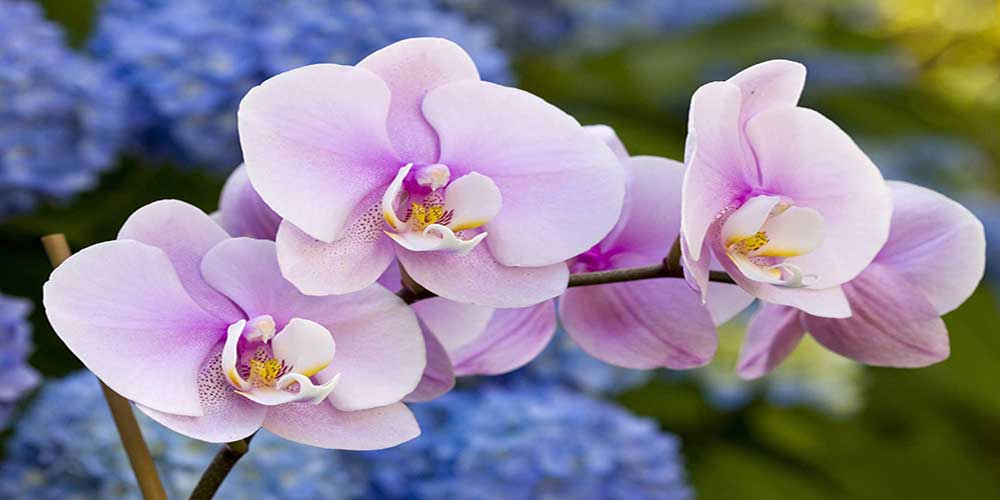Orchids are beautiful, exotic plants that require a bit of care to keep them healthy and blooming. With the right care, your orchids can thrive and add a touch of elegance to your home. Here are some tips on how to care for your orchids. Read Suitable Flowers for Different Months and Important Tips for Buying Gifts article for more information.
Light
Orchids need plenty of light, but they also need protection from direct sunlight, which can scorch their leaves. Place your orchids in a bright room, but not in direct sunlight. A good rule of thumb is to place your orchids near a window that gets plenty of bright, indirect light.
Watering
One of the most important things to consider when caring for orchids is watering. Orchids should be watered when the potting mix feels dry to the touch, but not bone dry. Be sure to use room-temperature water when watering your orchids, and avoid getting water on the leaves or flowers, as this can cause rot.
Humidity
Orchids thrive in humid environments, so it’s important to keep the humidity level in your home high. You can increase humidity by placing a tray of water near your orchids or using a humidifier. Misting your orchids with water can also help increase humidity, but be careful not to get water on the flowers or buds.
Fertilizing
Fertilizing your orchids can help them grow and bloom. Use a fertilizer specifically designed for orchids, and follow the instructions carefully. It’s important not to over-fertilize your orchids, as this can damage the roots.
Potting
Orchids should be repotted every two to three years to ensure that they have enough space to grow. When repotting, use a potting mix specifically designed for orchids, as regular potting soil can retain too much moisture and cause root rot. Be sure to choose a pot with good drainage to prevent water from pooling around the roots.
Temperature
Orchids prefer temperatures between 60 and 80 degrees Fahrenheit during the day, with cooler temperatures at night. Avoid placing your orchids in areas that are too hot or too cold, such as near air conditioning or heating vents.
Pests
Like all plants, orchids are susceptible to pests such as aphids, spider mites, and mealybugs. Regularly inspect your orchids for signs of pests, such as small white webs or sticky residue on the leaves. If you spot any pests, treat them immediately with a pesticide specifically designed for orchids.
By following these tips, you can keep your orchids healthy and blooming for years to come. With a little care and attention, your orchids will reward you with their beauty and elegance.
Air circulation
Orchids also require good air circulation to keep their leaves and flowers healthy. Make sure that the area around your orchids is well-ventilated and avoid placing them in areas with stagnant air, such as corners or closed cabinets.
Pruning
Pruning your orchids is an essential part of their care, as it promotes new growth and helps to maintain their shape. Use clean, sharp scissors or pruning shears to remove dead or damaged leaves and flowers. Be sure to sterilize your pruning tools with rubbing alcohol before and after use to prevent the spread of diseases.
Rest period
Orchids require a rest period to encourage new growth and flowering. During the rest period, which typically occurs in the fall or winter, reduce watering and fertilizing and provide your orchids with cooler temperatures. This will help to simulate the conditions that orchids experience in their natural habitat.
Reproduction
If you want to propagate your orchids, there are several methods you can use, including division, keiki propagation, and seed germination. Division involves separating the plant into smaller sections, while keiki propagation involves growing new plants from small plantlets that develop on the mother plant. Seed germination is a more complex process that involves growing orchids from seeds.
Conclusion
Caring for orchids can be a rewarding experience that allows you to enjoy the beauty and elegance of these exotic plants. By following these tips, you can ensure that your orchids stay healthy and blooming for years to come. Remember to be patient, as orchids can take time to adjust to their new environment and may require some trial and error to find the right balance of light, water, and nutrients. With a little care and attention, your orchids will reward you with their stunning blooms and unique charm.



















